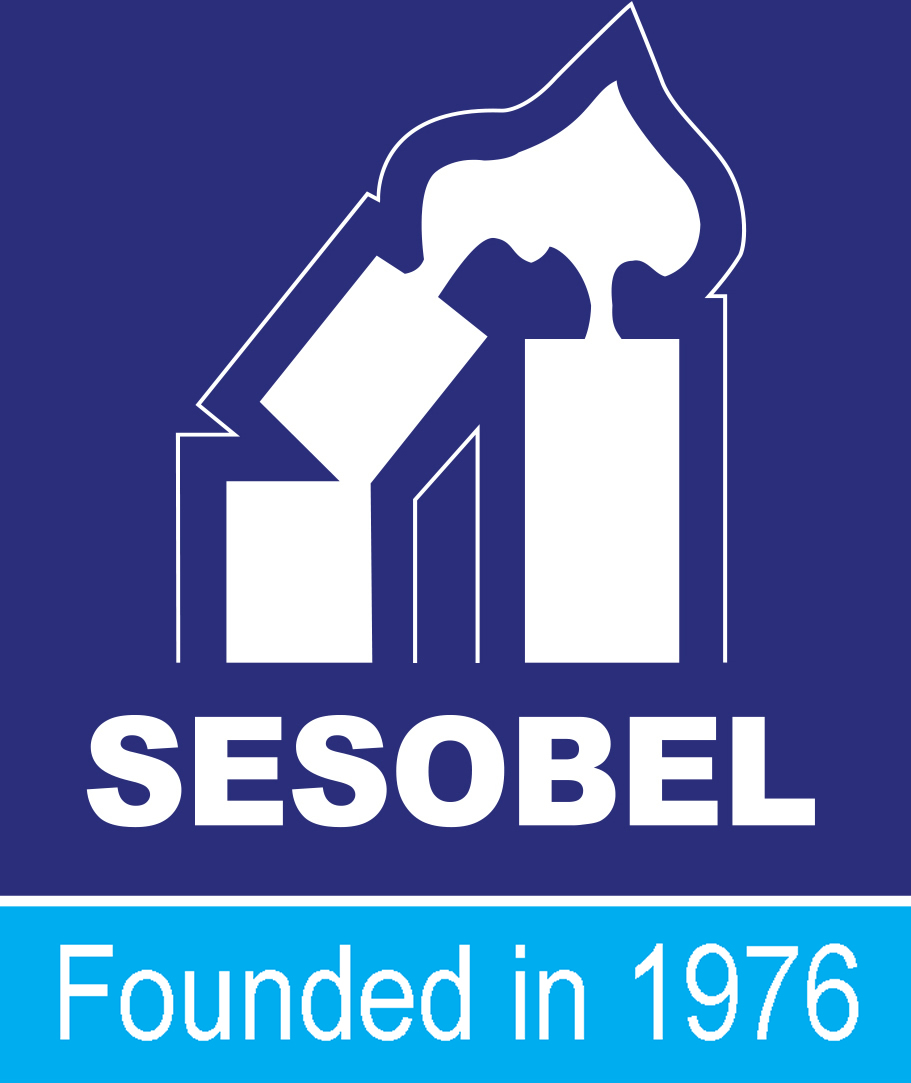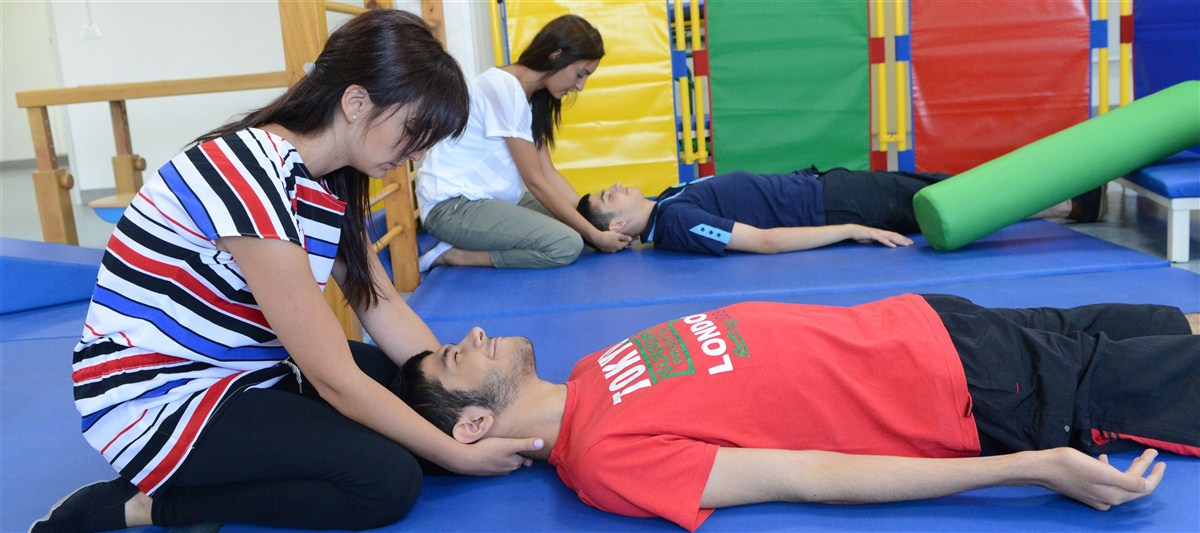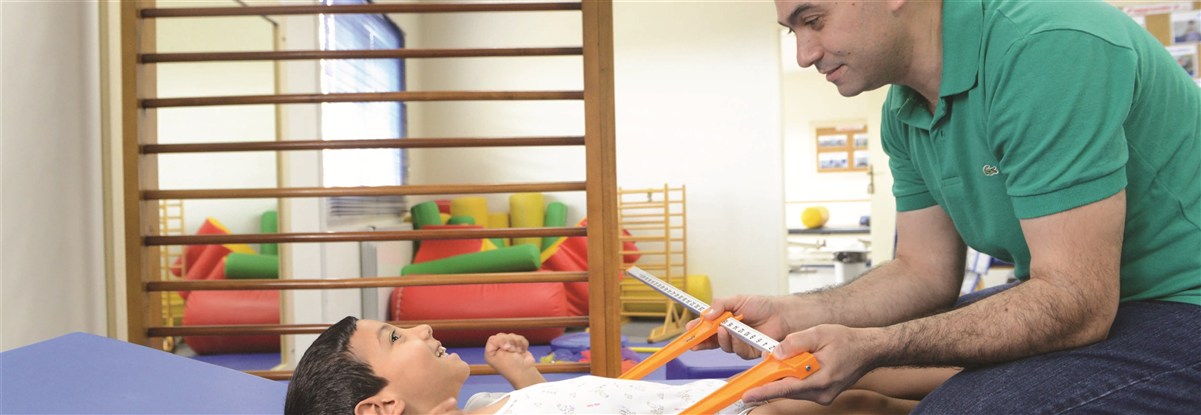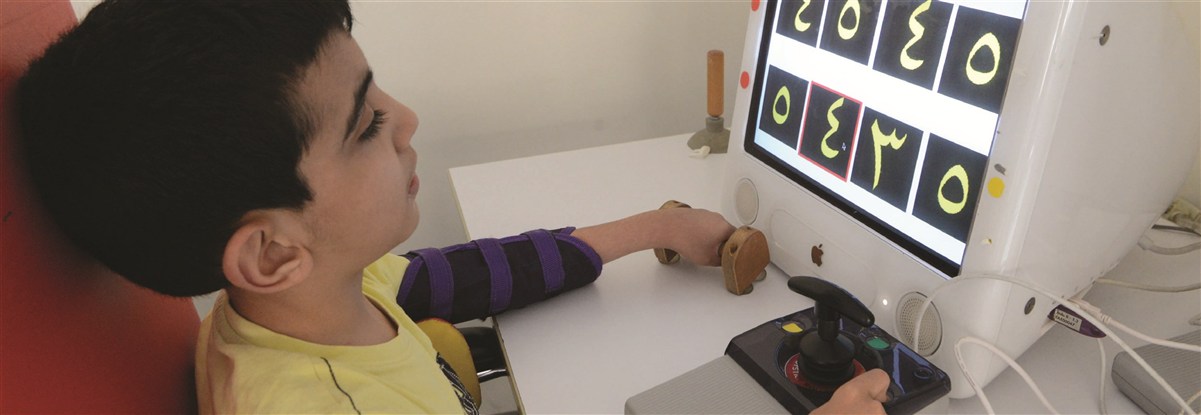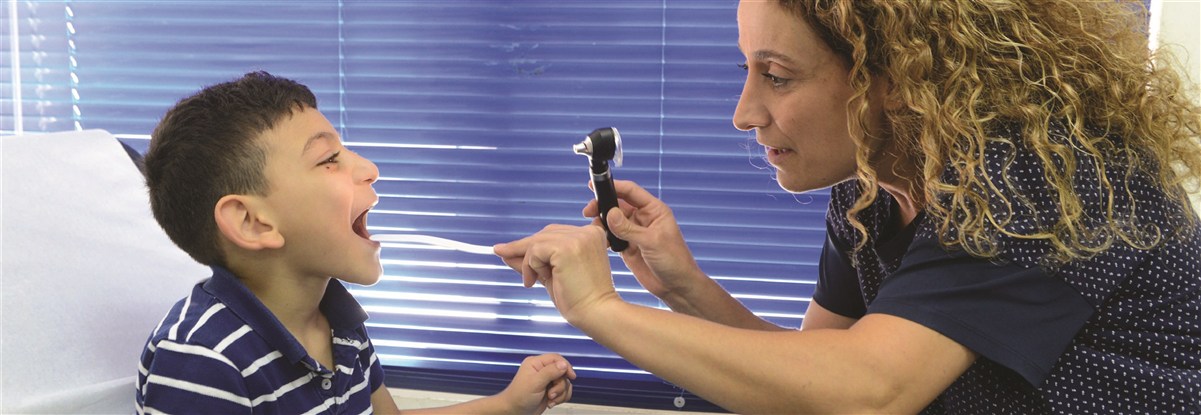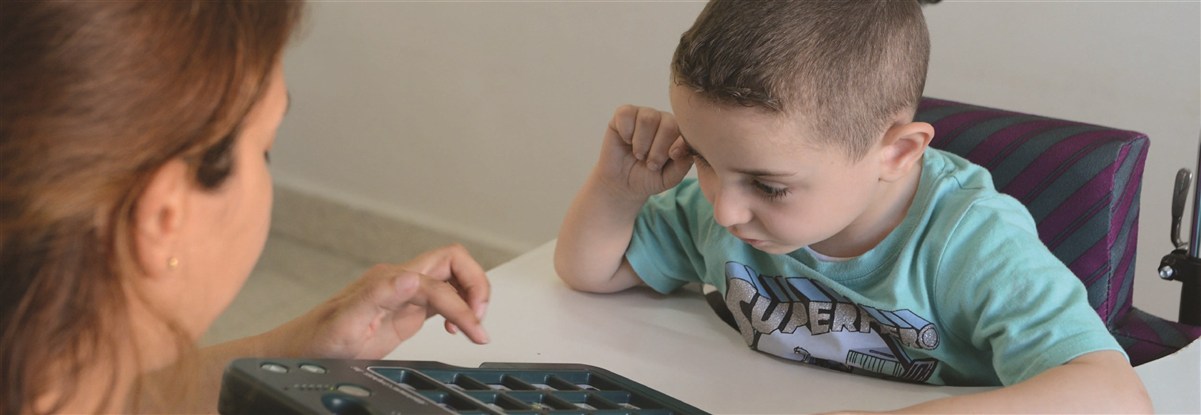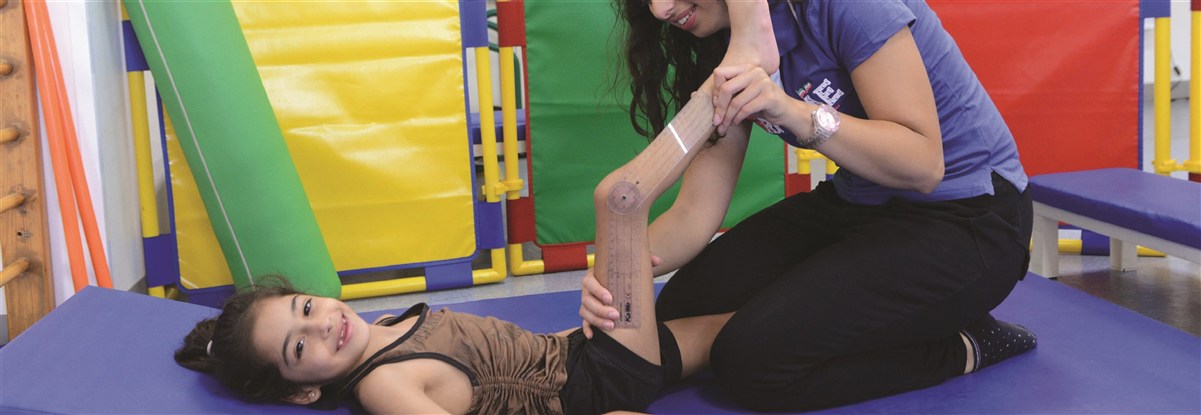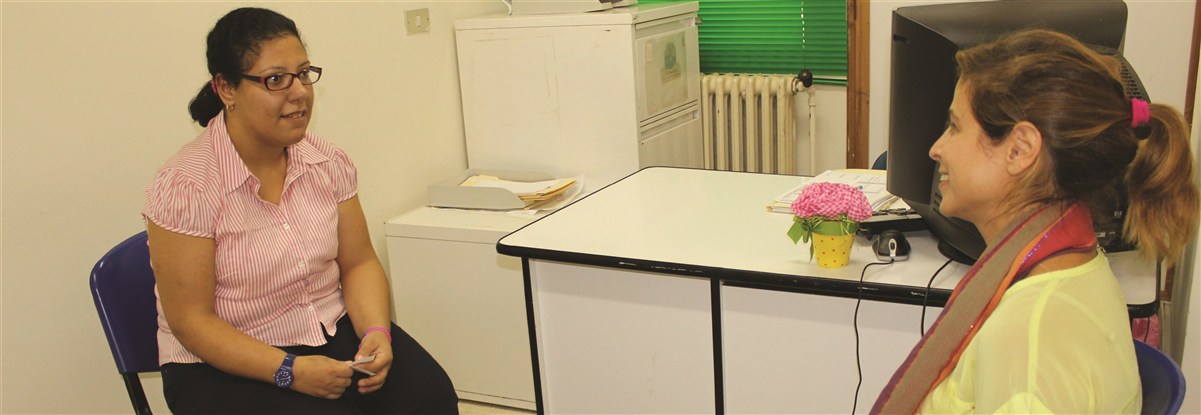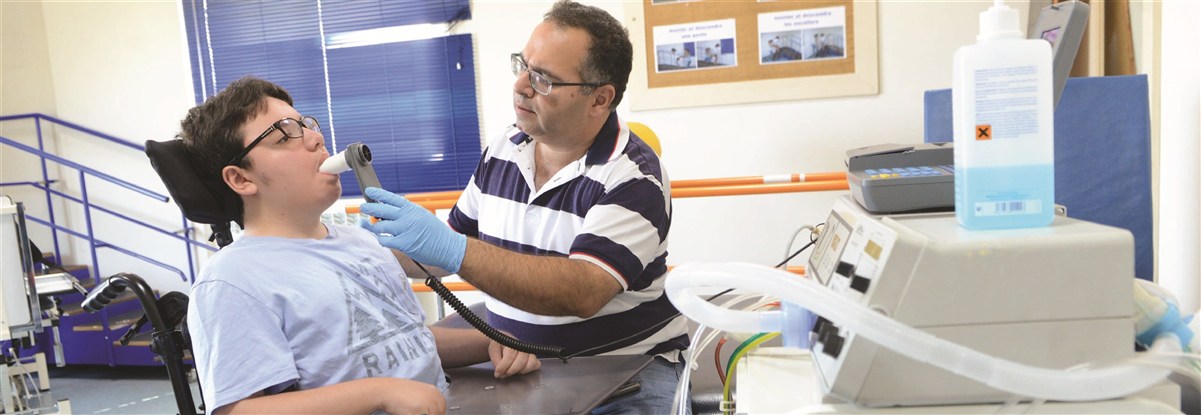The relaxation technique is one of individualized care methods of a project run by a team and based upon the capacities and the disabilities of every patient. It is a “let-go” technique that allows patients to rest and stop any physical activity.
Targeting muscle tone regulation, this therapeutic technique particularly reinforces self-confidence, restructures body schema, improves patients’ relationships, enables patients to tolerate physical contact, establishes tonic-emotional dialogue and non-verbal communication, controls heartbeats, reduces fatigue and nervous tension, boosts memory and imagination and concentration, reduces anxiety, and helps patients to adapt to stress and maintain self-composure…
SESOBEL’s relaxation sessions are vivid and mainly adapted to the needs of young patients. Diverse methods are implemented simultaneously and adapted to the needs of different groups. The sessions encourage youth to focus on themselves and recognize different body sensations. As the sessions progress, the patients are expected to find or restore entire, unified body consciousness and to attenuate tonic state.

